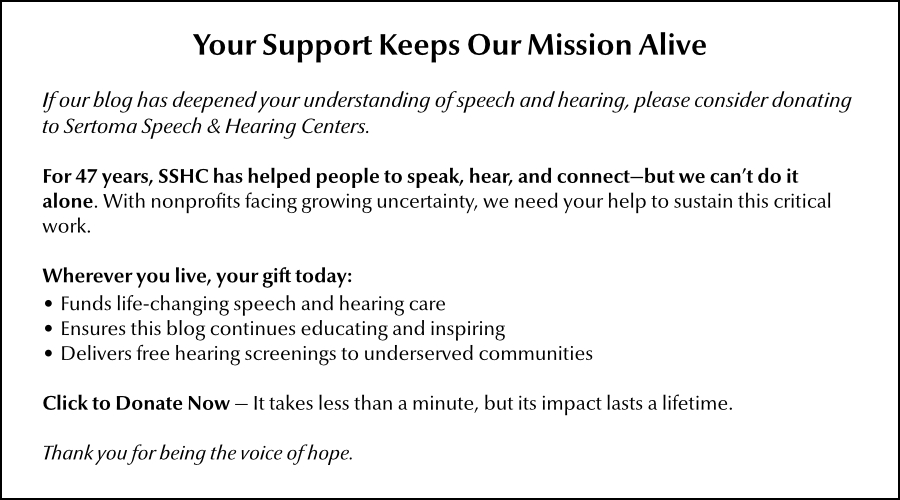You’re not alone if you have tinnitus (ringing in the ears): 14% of adults experience it. New research suggests what you eat might influence your risk. The study suggests a few simple dietary tweaks could offer relief.
Why it matters
Tinnitus has no cure, but diet might be influential Reviewing the diets of over 300,000 people, the researchers found that four dietary elements lowered tinnitus risk: eating more fruit, fiber, dairy, and caffeine. These foods may protect blood vessels, reduce inflammation, and support nerve health—key factors in managing tinnitus.
By the numbers
- Fruit lovers saw a 35% lower risk—the strongest link.
- Dairy: 17% risk reduction.
- Caffeine: 10% drop (despite debates about its sleep impacts).
- Fiber: 9% lower risk, tied to better insulin sensitivity.
No significant ties: Vegetables, sugar, protein, or fats.

The challenge
This isn’t a green light to binge coffee or cheese.
- Most studies were observational—they show correlation, not cause.
- Conflicting evidence exists (e.g., caffeine might help anxiety but worsen insomnia, which fuels tinnitus).
- Key gaps: How much of each food is ideal? Would results hold in diverse populations?
The takeaway
Focus on foods that might protect your ears—and your nerves.
- Add berries, apples, or citrus for antioxidants.
- Swap refined carbs for fiber-rich oats or beans.
- Enjoy moderate coffee or tea (if caffeine doesn’t disrupt sleep).
- Need more proof? Researchers call for large, long-term trials to confirm these links.
Bottom line: Diet alone won’t silence tinnitus, but it could be a piece of the puzzle. Talk to a doctor—and consider giving your meals a tinnitus-friendly tweak.
Are you concerned about ringing in your ears?
Healthy hearing starts with a free 15-minute hearing screening by an audiologist.
★ Call 708-599-9500 to schedule your free screening.
★ For facts about hearing loss and hearing aid options, download The Hearing Loss Guide.
★ Sign up for our newsletter for the latest on Hearing aids, dementia triggered by hearing loss, pediatric speech and hearing, speech-language therapies, Parkinson's Voice therapies, and occupational-hearing conservation. We publish our newsletter eight times a year.
Don't let untreated hearing loss or tinnitus spoil your quality of life.


